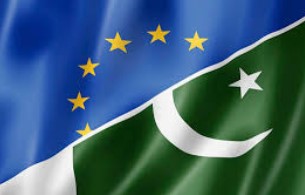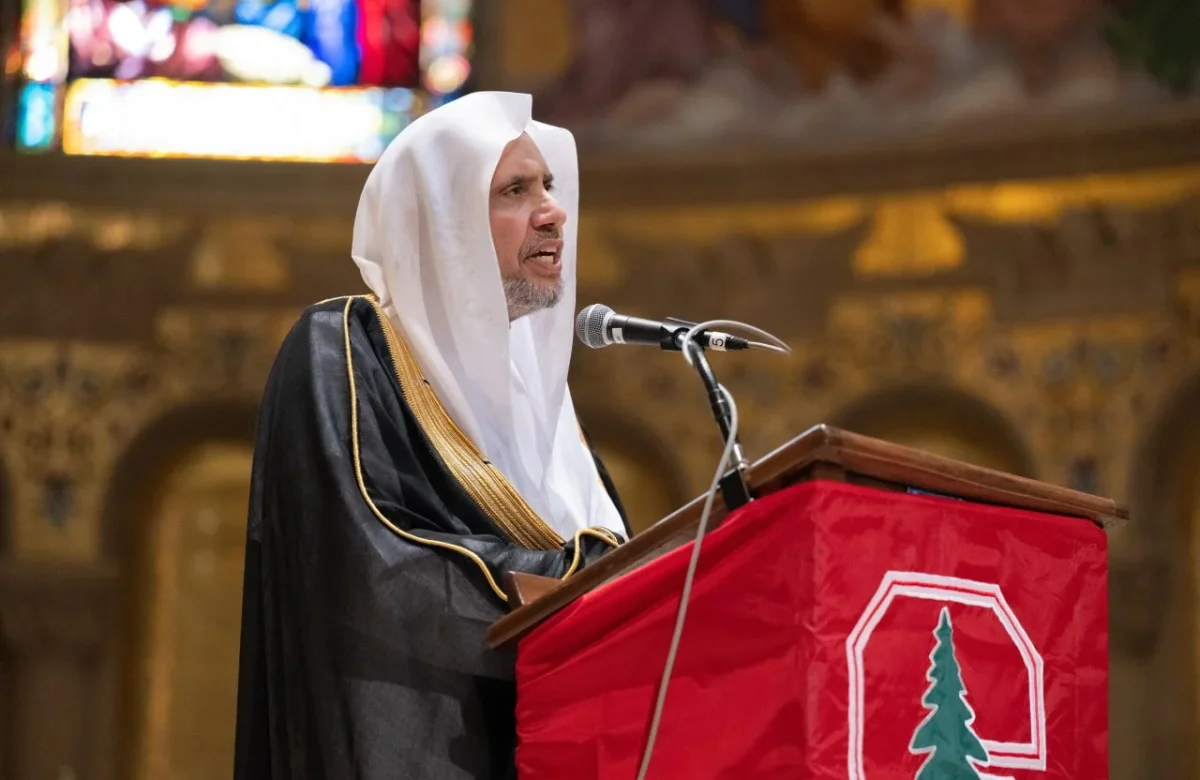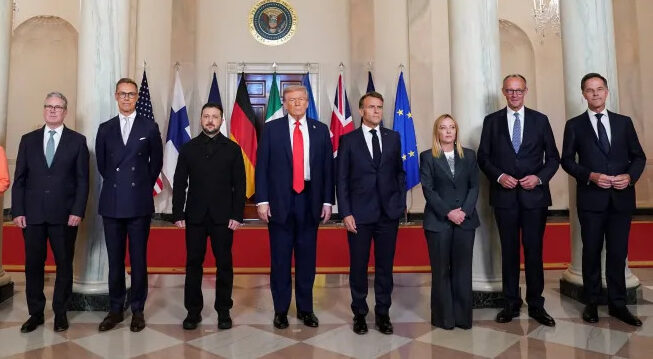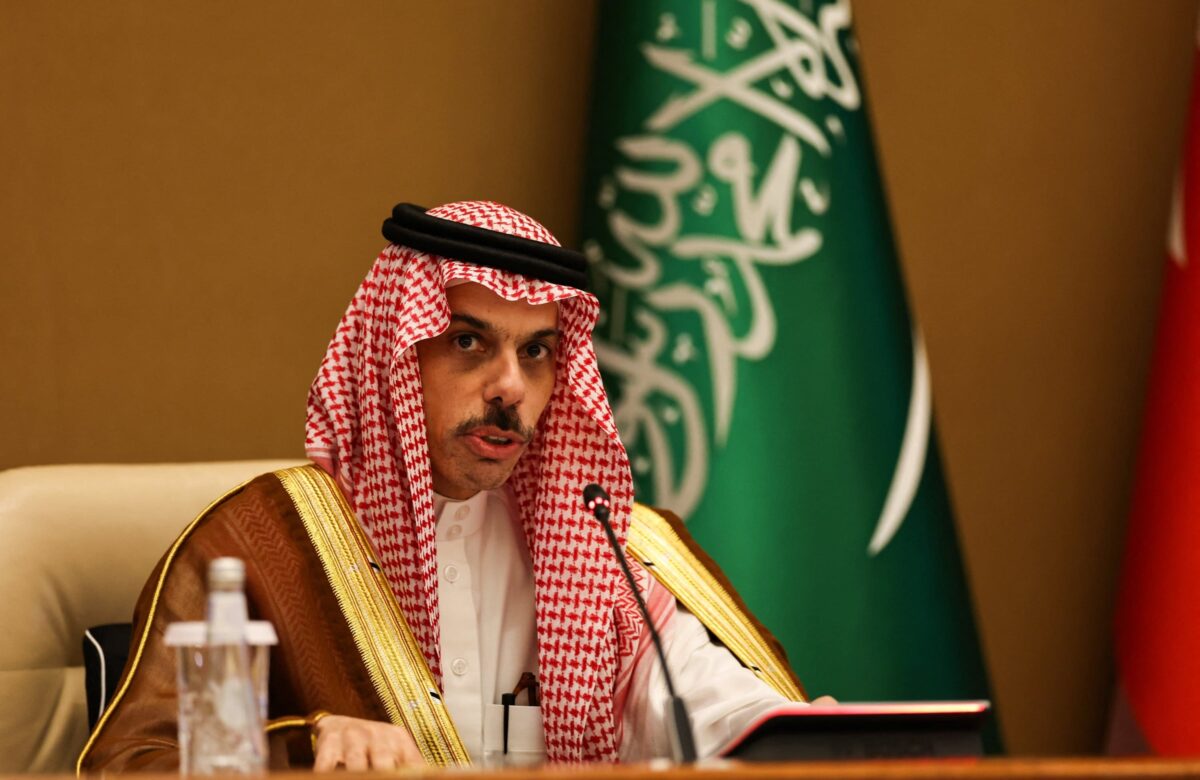
Pakistan, EU Pledge Continued Cooperation on Food, Climate, and Energy Challenges
- Diplomatic News
- December 13, 2024
- No Comment
Pakistan and the European Union (EU) have reaffirmed their commitment to addressing global challenges such as food security, energy, and climate change through sustained collaboration. This understanding was reached during the 14th Pakistan-EU Joint Commission meeting held recently.
The meeting reviewed bilateral relations, recent political developments, and cooperation frameworks, emphasizing trade, migration, human rights, and the EU’s Global Gateway strategy.
Prior to the Joint Commission, the Sub-Group on Democracy, Governance, Rule of Law, and Human Rights convened. Discussions focused on bolstering democratic values, electoral processes, and political pluralism. The EU stressed the importance of an independent judiciary, vibrant civil society, and international human rights standards for democratic elections.
Both sides acknowledged the significant strides in bilateral trade relations since Pakistan was granted GSP+ status in 2014. The Sub-Group on Trade highlighted the importance of a robust multilateral trading system and discussed recent developments at the World Trade Organization (WTO).
The EU shared its Mid-Term Review of the Multi-annual Indicative Programme (MIP) and plans for projects in 2025-2027, focusing on green inclusive growth, human capital, and governance reforms. Pakistan welcomed the European Investment Bank’s visit in September and identified new investment opportunities under the Global Gateway framework.
The EU commended Pakistan’s reform agenda, including its National Action Plans on Human Rights and Business and Human Rights. Both parties reaffirmed their dedication to protecting fundamental freedoms, minority rights, and combating disinformation.
Discussions also addressed migration and mobility, with progress reviewed under the Pakistan-EU Talent Partnership and Joint Readmission Agreement.
The EU praised Pakistan’s hospitality in hosting Afghan refugees and supported extending Proof of Registration cards for Afghan nationals until mid-2025. Both sides backed the Solution Strategy for Afghan Refugees (SSAR) to aid refugees and host communities.
Regarding Gaza, Pakistan called for an immediate ceasefire and Israeli withdrawal from occupied territories. The EU echoed this sentiment, urging adherence to international law and UN Security Council resolutions.
Both sides reaffirmed their commitment to the Pakistan-EU Strategic Engagement Plan (SEP) signed in 2019. They also agreed to explore additional areas of collaboration, such as agriculture, taxation, and disaster risk reduction.
The next Pakistan-EU Joint Commission meeting will take place in Brussels in 2025.







